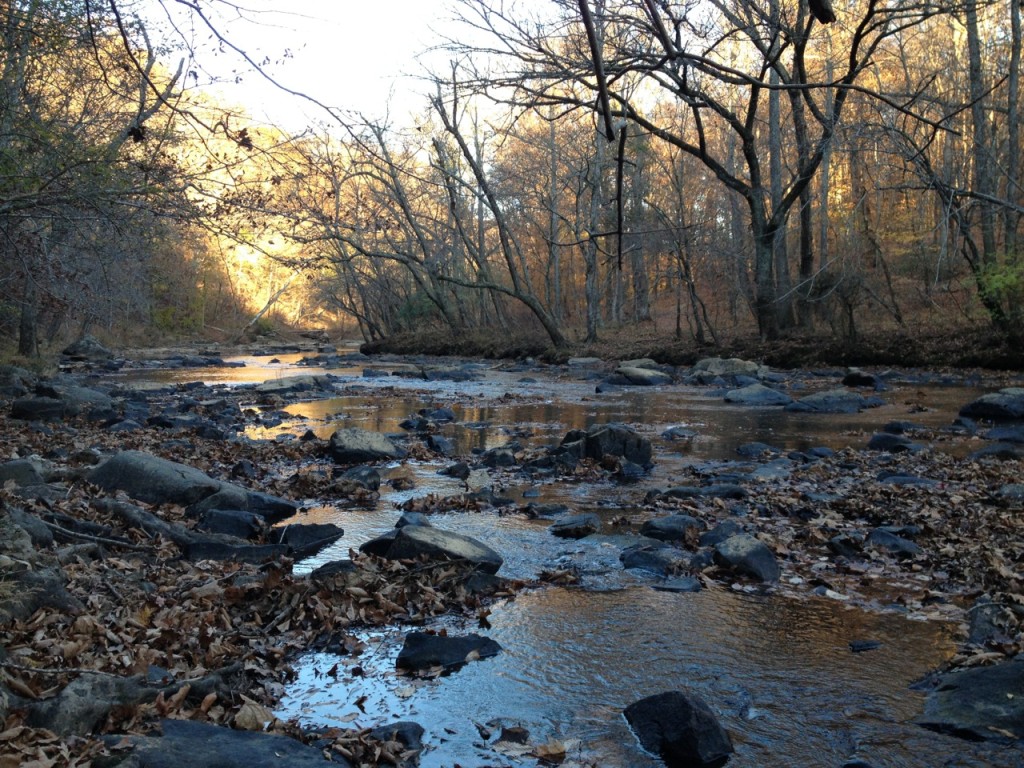I ran across this quotation this morning, with which I’d like to agree if it didn’t irritate me so much:
…When a festival goes as it should, men receive something that is not in human power to give. This is the by now almost forgotten reason for the age-old custom of wishing one another well on great festivals. What are we really wishing our fellow men when we send them ‘best wishes for Christmas’? Health, enjoyment of each other’s company, thriving children, success—all these things, too, of course. We may even—why not?—be wishing them a good appetite for the holiday meal. But the real thing we are wishing is the ‘success’ of the festive celebration itself, not just its outer forms and enrichments, not the trimmings, but the gift that is meant to be the true fruit of the festival: renewal, transformation, rebirth. Nowadays, to be sure, all this can barely be sensed behind the trite formula: ‘Happy Holidays.’
Josef Pieper, In Tune with the World: A Theory of Festivity (St. Augustine’s Press)
I haven’t read the book from which the passage is taken and know almost nothing of Josef Pieper, so my criticism may be less of the author than of the person who quoted him, but the jab against “Happy Holidays” seems a tad overwrought — as if a two-word cliché constituted a magic formula for the bestowal of divine grace, or were meant to be. And it fits far neatly into a certain kind of good-old-days thinking that I will admit I find tiresome. Back in the days when people wished a Merry Christmas to strangers over a store counter — say, a quarter century before Pieper wrote this in in 1999, which is just about the earliest reach of my memory — did they really have all that in mind? Renewal, transformation, rebirth? I wouldn’t venture to give people quite that much credit, even when the store counter was replaced by a folding table at my small-town church bazaar, even when they might have had the necessary theological grounding. Certainly it’s possible to pack all that meaning into “Merry Christmas,” and perhaps that’s what people ought to have meant, but I don’t believe they’d thought it through quite so carefully.
Then again, the possibility of meaning is not something to be lightly dismissed.

